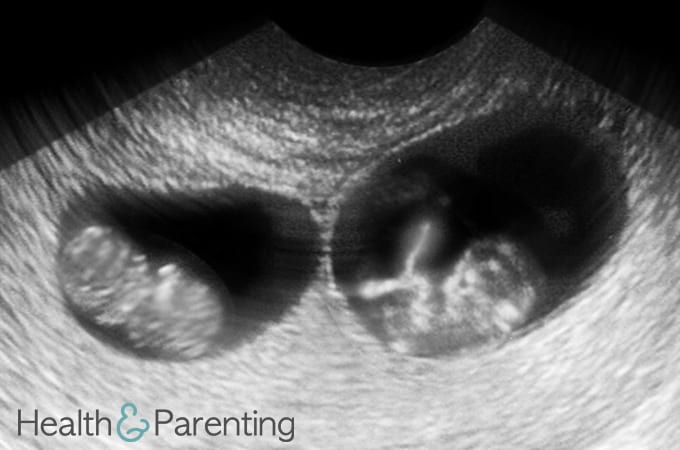Most parents worry about whether they will bond with their baby, but this is especially true for parents expecting twins or more. It’s understandable to be a little freaked out by the news that you are expecting two or more babies, and bonding may be just one of your worries at the moment. Here are some tips to help prepare you for the process of bonding with twins or more:
1. Be prepared – life as a new mum is tough, and all new parents should prepare for sleepless nights. As a mum of twins, you may find yourself severely lacking in time. Unfortunately, there’s not much you can do about this. New babies are needy, and you’ll have two of them. Fill your freezer with food, stock up the pantry, and make sure you have enough essentials to last a few weeks.
2. Look after yourself – you need to take care of yourself as well as your babies. If you’re exhausted, emotional, hormonal and lacking in confidence, you may end up doubting your mothering abilities. If you feel like you need some time to yourself, ask your partner or a friend to watch the babies. Run a bath, lock the bathroom door and settle down for some good quality relaxation time. You’ll emerge refreshed and better able to care for both of your babies.
3. Have help on standby – you have no doubt been inundated with offers from potential babysitters, so make sure you cash them in. Ask a trusted friend or family member to take one of the babies for a walk, so that you can grab some quality bonding time with the other baby. Alternate babies each time, and make sure they each get a fair share of your time.
4. Hibernate – new mums are so busy showing off their babies, they sometimes forget to take the time to bond. Spend some time locked away as a family, getting to know each other and adjusting to your new role. Cuddle both your babies, and chat to them as you make eye contact.
5. Strip off – skin to skin is a great way to bond with your babies. Have your babies in just their nappies, and lie them on your bare chest.
6. Tandem carries – babywearing isn’t just for singleton parents, you can carry your twins, too. There are lots of different options available – woven and stretchy wraps are popular choices – so try a few carriers out before you buy. If there’s a sling library near you, ask for a consultation to help you find a carrier you love and to learn how to put two babies in two slings!
7. Make the most of it – it might be a nappy change or a feed, but make the most of the time together. Instead of rushing your way through one dirty nappy to get to the other, spend some time singing to and chatting with your baby. Make sure each baby gets special attention from you during these everyday tasks.
8. Give it time – bonding with a baby takes time, and you have twice the babies or half the time, so don’t worry if bonding takes longer than you expected. The first few weeks might be spent rushing from one baby to another, making sure they’re both ok, but sooner or later you will have more time for bonding.
9. Let the guilt go – it’s not uncommon for twin parents to report feeling guilty for not spending enough time with each baby. Let this guilt go. Don’t compare yourself to your singelton parent friends. Parenting twins is a totally different ballgame.
Written by Fiona, proud owner of a toddler, @fiona_peacock
This information is not intended to replace the advice of a trained medical doctor. Health & Parenting Ltd disclaims any liability for the decisions you make based on this information, which is provided to you on a general information basis only and not as a substitute for personalized medical advice. All contents copyright © Health & Parenting Ltd 2018. All rights reserved.











